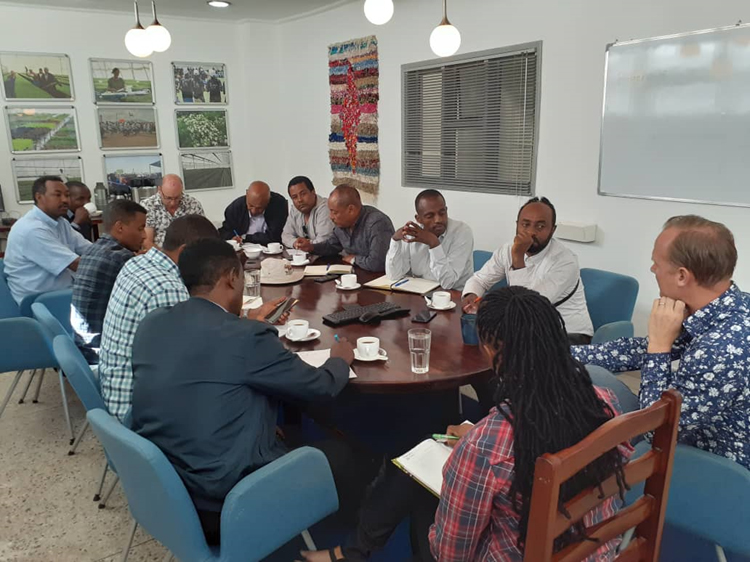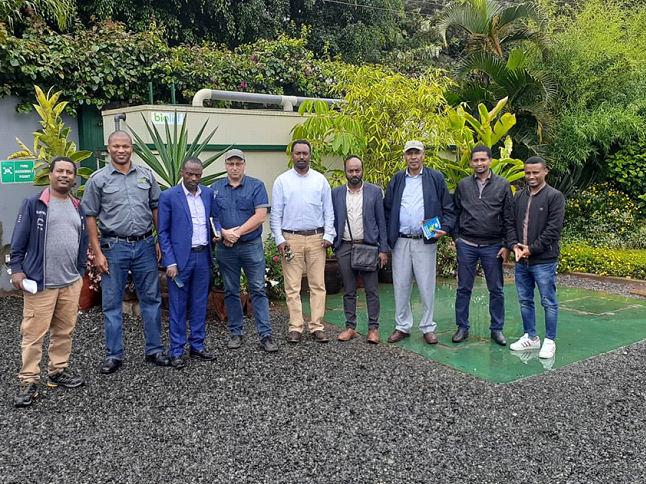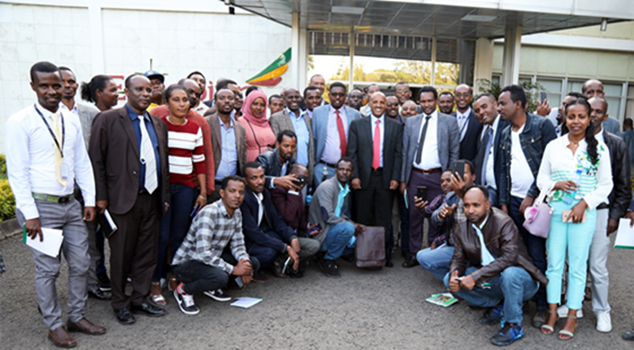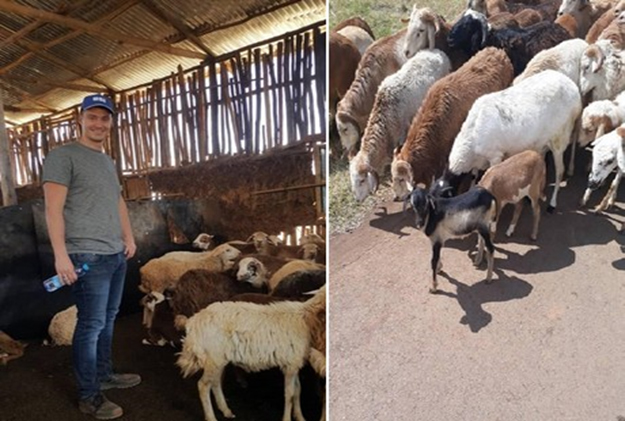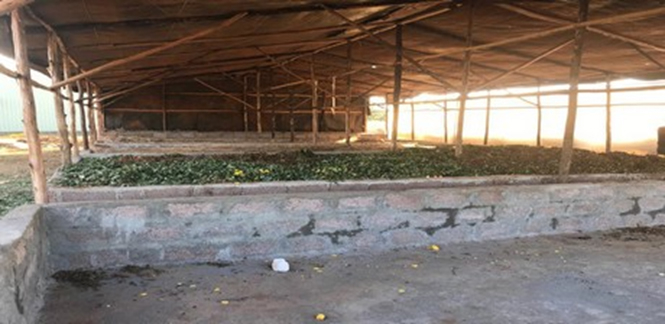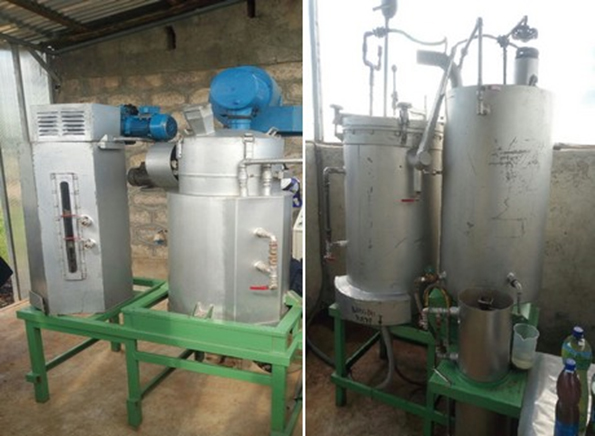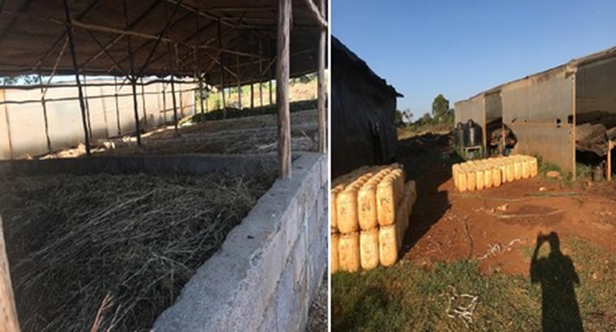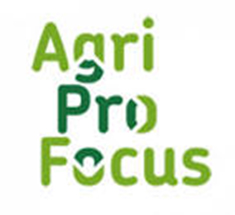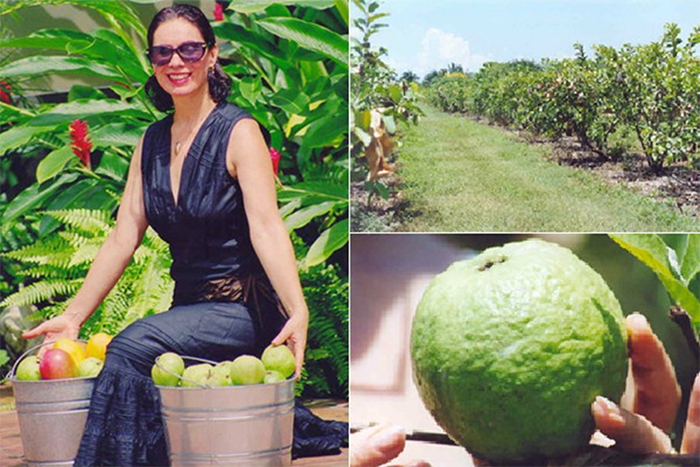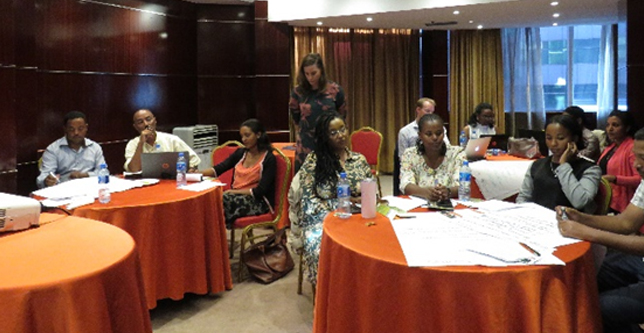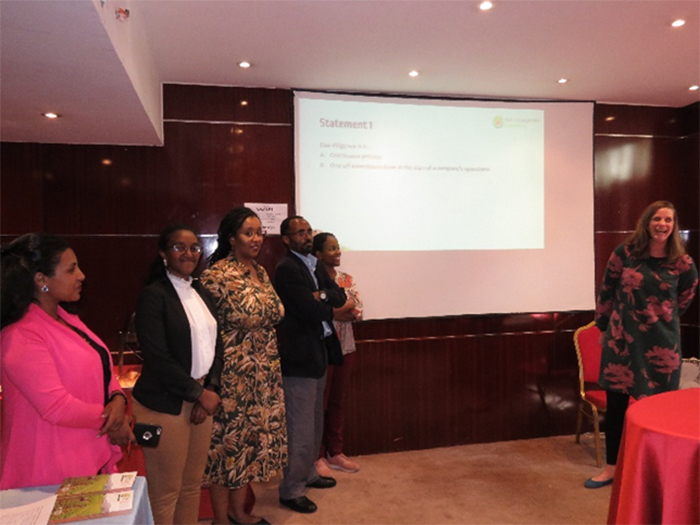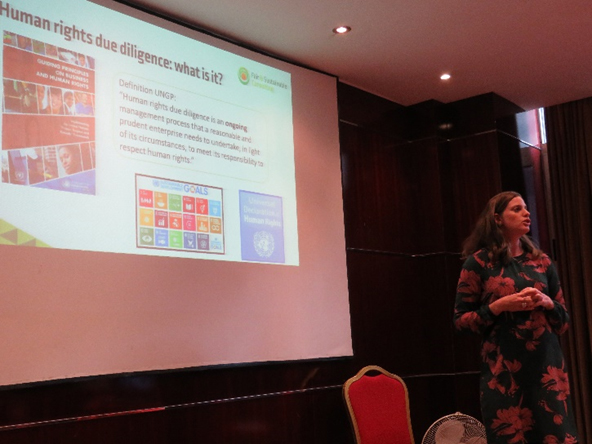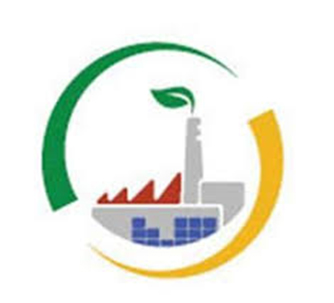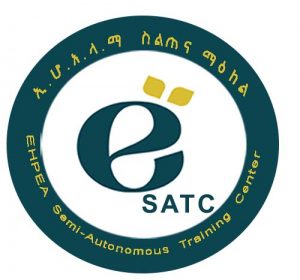The National Quality Infrastructure Development Project (NQIDP) of Ministry of Industry, financed by World Bank, conducted a Need Assessments and Quality Standard Status of fruit and vegetable production and exports, leather processing, textile industry, honey production and processing in Ethiopia, held at Nexus Hotel October 10, 2019.
On the validation workshop the study team presented their findings along with their proposed recommendation. The study identified the challenges and gaps across the fruit and vegetables value chain that need to be addressed; mainly in relation to input supplies, farming practice, transport services, storage, processing, distribution and marketing.
The study proposed recommendations that would help to improve the fruit and vegetable production and exports standards in the value chain, especially in the area of quality infrastructure issues that relates to standards, testing, inspection, certification, calibration. Hence, the study proposed fruit and vegetables sectoral improvement priority topics and institutions that could contribute in providing the services and addressing the priority topics.
In this regards, Ministry of Technology and Innovation; Agricultural Transformation Agency, EHPEA and Ministry of Transport were identified to provide the services and play major roles in improving the quality standards.
Accordingly, EHPEA was selected to provide training on Global GAP Certification (for pre-harvest and post harvest activities). In addition to this, EHPEA representatives also advised that EHPEA can also provide onsite and classroom IPM Training and the study team well considered the comments given by the representatives.
The project manager of NQIDP concluded the validation workshop by highlighting that they will consider all the inputs given by participants and key stakeholders identify as service providers to be ready to provide the recommended services.
